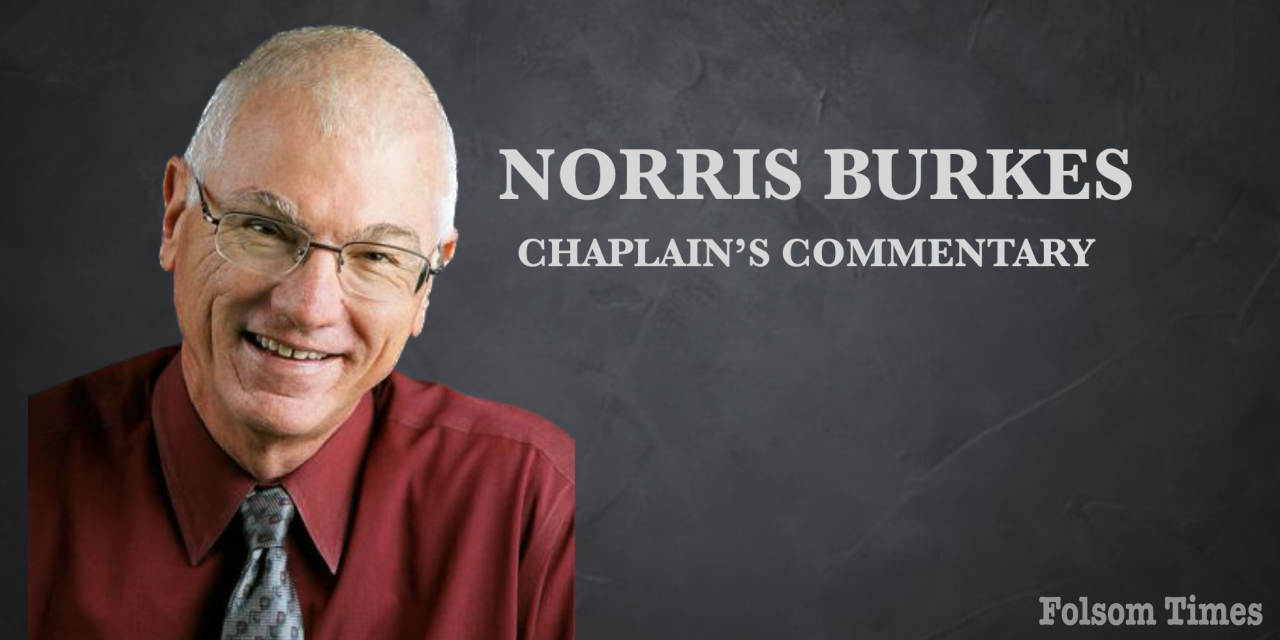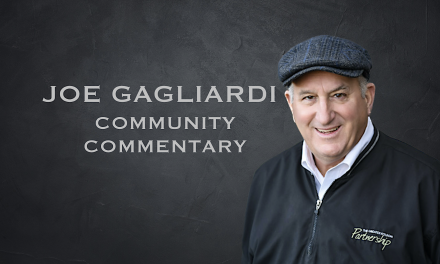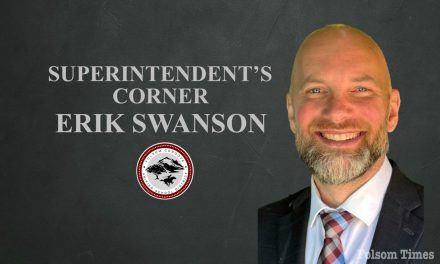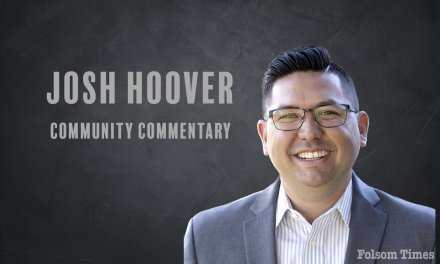If you’ve already read most of the Bible, you might want to mix things up a bit by reading A.C. Grayling’s version called “The Good Book: A Humanist Bible.” Grayling, a British academic, edited an anthology of hundreds of philosophers and writers organized into chapters and verses.
Now, let me quickly assure religious readers that I haven’t gone to “the dark side” by endorsing this book. I am suggesting however that religious people might have something to learn from Grayling.
I like Grayling because he doesn’t follow the militant anti-religious atheism espoused by some of the louder left. Called by some the “Velvet Atheist,” Grayling is more comfortable with the word “Humanist.”
What’s the difference, you ask, between an atheist and a humanist? Well, that’s a tricky question. Most atheists, and certainly all those I know, are humanists. Atheism by itself, however, is simply the assertion that there is no God.
Humanists, like Grayling, take their beliefs beyond that negative assertion of no-god and are active in their care of people, animals and our planet. Sometimes they even sound downright spiritual when describing their views.
For instance, Grayling once toldCNN reporter Jessica Ravitzthat “each individual has to work out the values they live by and especially to recognize that the best of our good lives revolves around having good relationships with people.”
Grayling believes that the only difference between a religious person and the humanist is that “humanist ethics didn’t claim to be derived from a deity.”
Wow. Except for that last sentence, the teaching sounds much like the lessons of the Golden Rule and the Good Samaritan parable I learned as a kid in a Baptist Sunday school.
Don’t get me wrong. I happen to think that looking for your moral compass inside yourself is a good way to find yourself lost in a very deep forest. Nor am I endorsing a pot-luck belief system where you are free to believe a little of this and a little of that.
Nonetheless, I think humanists are right about some things.
A lifetime ago, I took a comparative religion class at Baylor University. My professor, while decidedly Christian, believed that each religion, even humanism, has something to teach the Christian.
For instance, the humanist teachings about our planet remind me that God loves all his creation. His creation is the center of his love. When religious people forget that, they become, as the saying goes, “So heavenly minded, they are no earthly good.”
But if there is one lesson I hope the humanist and Christian alike can take away from the Christian Bible, it would be the story in Mark 9:14-29 about a father who brings his crazed teen to Jesus asking Jesus to help him if he can.
In the Norris paraphrase, Jesus responds incredulously. “What do you mean by, ‘if I can?’ Of course I can.”
Or in Jesus’ exact words, “Everything is possible for one who believes.”
Then the boy’s father immediately exclaimed, “I do believe; help me overcome my unbelief!”
Like this boy’s father, we all need divine help overcoming our unbelief. Whether you are religious or atheist, we all struggle with our inability to trust in one another.
And it’s during those times of mistrust that it becomes easy to fall short of our goals and fail to do the most human thing – believe in each other.
That’s why, at days end, we should be working together to make all things possible. And whether we be Christian or humanist or atheist – we can say together, “Help us all overcome our unbelief.”
Chaplain Norris Burkes began his chaplain career with both the active-duty Air Force and the Air National Guard until his retirement in 2014. He later served as a board-certified healthcare chaplain at Sutter Memorial, Kaiser, Methodist and Mather VA hospitals and continues to work with area Hospice. His column is syndicated to more than 35 accredited news outlets in multiple states, with www.folsomtimes.com being one of his newest additions. Read past columns at www.thechaplain.net.
*Views expressed in published guest commentaries are those of the author or submitting organization and do not necessarily represent those of Folsom Times or All Town Media, LLC.




